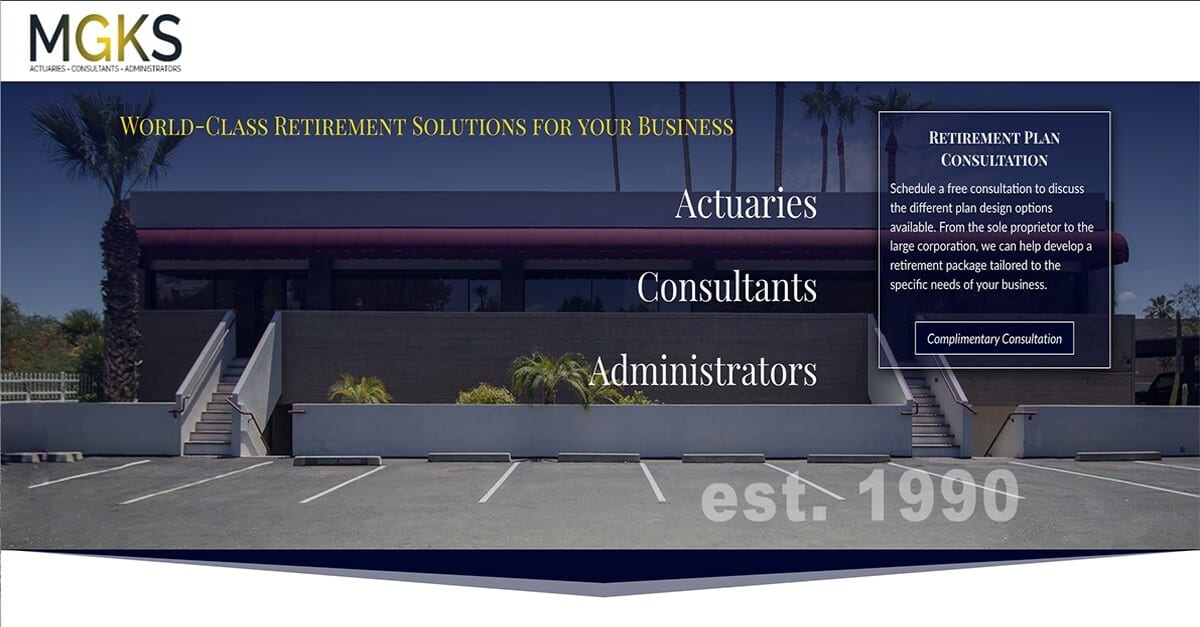As a side note, I’ve taken a IRS tax penalty multiple times. At least until last year they were charging 5 percent interest on tax owed. And right now it is incredibly hard to borrow money at 5 percent for anything. So if the IRS is going to give me a loan at 5 percent, honestly i don’t have an issue with delaying payment to them. Plenty of opportunities out there where i can make more than 5%, so I’ve never been scared of any interest penalty.
Ofcourse that’s a very unconventional way of thinking, but the point is that even if you got a 5 percent penalty, and you waited till year end April 15th to pay all your taxes rather than doing quarterly payments, then it’s not the end of the world, especially if you had that money in a HYSA or short term treasuries. Though i don’t know if the interest rate for the irs penalty has recently increased or not, it might have had.





